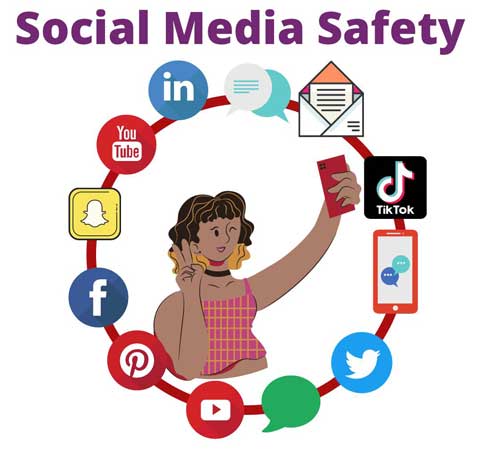If you have not learnt how to weather PTA Meetings, then you definitely need to read this post.
These are some of the things that I have used to weather PTA meetings.
1. Show Up With Talking Points
make sure that before attending PTA meetings, you ask your children if they have any concerns they’d want you to raise.
It helps you to make this reflection and engage properly. When you do, it helps ensure they cater to your child’s needs.
So, go in with a list of bullet points.
Make a list of topics that you want to discuss with the teacher/ that you think the teacher should know.
Things like; your concerns about the school, the child’s home life, any major changes in your family, habits, hobbies, part-time jobs, religious holidays, or anything that has a direct impact on your child’s schooling.
Be sure to ask for input from your spouse, nanny, or other adults that are caring for your child as well.
And please, ask the most important questions first as you may run out of time, especially if other parents are waiting to have their conference after yours.
You can always schedule another meeting with the teacher to treat any points you didn’t cover.
4. Dress Smart
When it comes to PTA meetings, your appearance is everything; please make sure you’re looking good because it makes talking and being regarded higher, easier.
I’m not saying you should splurge all your money and buy clothes. Just put in some effort.
3. Be Sure To Come On Time
On the day of the meeting, see to it that you do your best to be on time.
A sure-fire way to set off to the right foot is to show up at the conference venue early enough.
This will help you get acquainted with any rules that have been set up for the meeting, ahead of time, and basically aid you to ease in more smoothly.
Also Read: Best Ways To Handle Your Child’s Homework
Remember that other parents will also show up with points to make or matters they need to clarify; if you arrive late, you may have miss your chance to collect your thoughts and make your contributions altogether.
You can see it as you doing your part to ensure they close the conference at the scheduled time so that other people can commute back and have time to rest.
4. Iron Out Your Differences
If there’s anything that you have been agitated about previously, make sure that you also have a clear plan when you complain to the school about things like that.
Listen carefully to what the teacher(s) say and ask for clarifications on anything you don’t understand.
If you don’t understand something that the teacher explains (this could be an educational term or an explanation of a school policy), don’t be afraid to ask for further clarification.
It is important for you to understand what your child’s teacher is saying, so you can counter any point that doesn’t sit well with you right there on the spot and with the backing of other parents.
Also, the Parents Teachers Association meeting is a place to respectfully discuss differences of opinion. Meaning that if you at any point disagree with the teacher, respectfully explain why you disagree.
If you don’t clearly express your differences of opinion, the teacher may think that you agree and will move on to the next topic. Discussing your differences with the school management may help everyone find more effective ways to help your child.
5. Come Ready To Solve Problems
Some parents will come and just list all the things wrong with the school without offering any solution.
Offering solutions will make it easier for other parents to also pitch in and help.
You’ll find that parent-teacher conferences are routine and more exciting in the elementary school years, they most likely will wane as your child gets older.
In middle school and high school, aka secondary school, your child is increasingly able to take responsibility for his or her own learning.
As your child ages, the feedback you get from teachers will largely be found on the progress reports and graded class and homework you receive.
Schools these days even have an online portal you can use to track your child’s progress in academics, tests, and homework.
Regardless, don’t be shy about asking your child to share his or her academic progress with you — or even asking the teachers — so you can be sure everything’s on track.
So, which code did I miss? I know there are a lot of codes when it comes to weathering PTA meetings. Do tell, let me also be reminded.
Find amazing resources on parenting and children education here.




